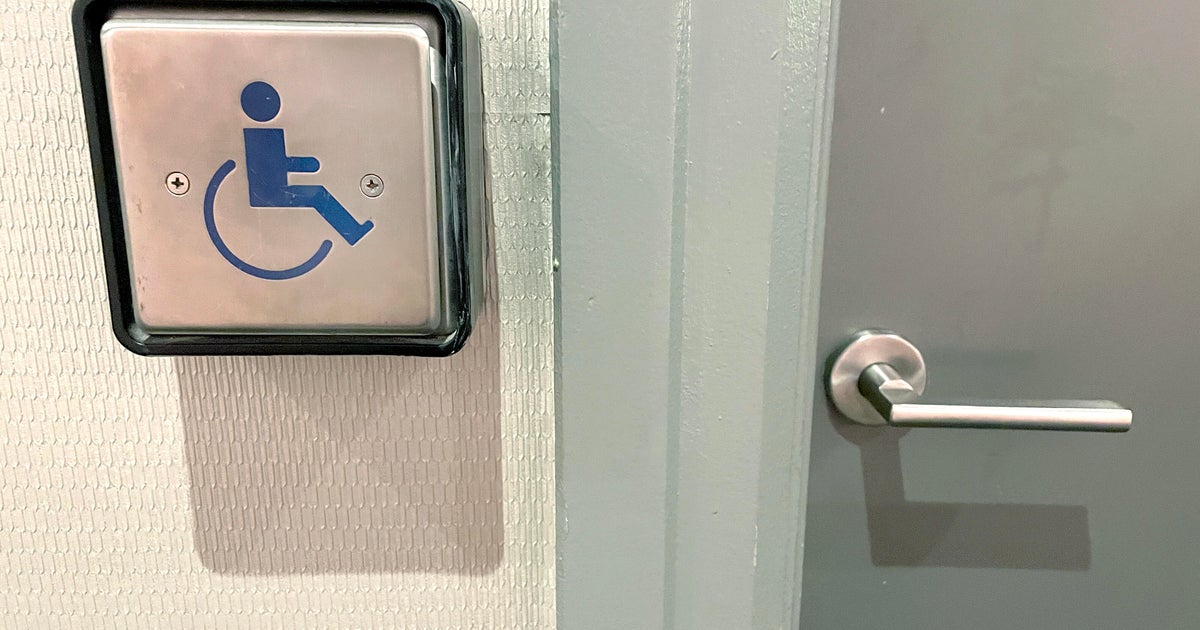3 types of long-term care insurance seniors should know
Long-term care insurance is a policy that covers assistance seniors may need for basic everyday activities like bathing and eating. It can also cover more comprehensive services like transportation or support in an assisted living residence or nursing home.
The primary benefit of long-term care insurance is that it can help you pay for care that is typically not covered by most health insurance policies and Medicare. This coverage may safeguard your personal savings and assets from being used to pay for costly long-term care services. Having sufficient long-term care insurance may provide you with peace of mind in the unfortunate event of a chronic illness, disability or another impairment that requires ongoing care.
Before signing up for a policy, it's wise to consider your options, including the different types of long-term care insurance. Start by exploring your long-term care insurance options here and get a free price quote.
3 types of long-term care insurance seniors should know
Here are three types of long-term care insurance that seniors should familiarize themselves with.
Traditional long-term care insurance
Traditional long-term care insurance is a policy that covers long-term care expenses such as home health care, assisted living and other services. Like home and auto insurance policies, you'll pay regular premiums and make claims if you ever need care. However, if you don't need long-term care services, you won't be able to recoup your paid premiums.
Keep in mind, Medicare typically doesn't cover long-term care, such as assisted living or nursing homes, and has limited at-home care coverage. According to the American Council on Aging, the average cost of a shared room in a nursing home is $260 per day. Considering the high costs of long-term care, a long-term care policy may make sense, especially if you don't have loved ones living nearby who can lend a helping hand.
Learn more about your long-term care insurance options here now.
Hybrid long-term care insurance
A hybrid long-term care policy pairs your long-term care insurance with a traditional life insurance policy. As such, your policy covers your long-term care should you ever need it or a death benefit to your heirs if you don't.
According to the American Association for Long-Term Care Insurance, the annual premium for a healthy 60-year-old senior with $165,000 in policy benefits could range from $1,200 to $6,800, depending on your benefits growth rate and other factors. Before you sign up for a policy, consider whether your premium costs will strain your budget and how they compare to your potential out-of-pocket expenses for long-term care.
Additionally, it's wise to consider your family's health history and consult with your doctor about the likelihood you may need long-term care.
Long-term care insurance via a life insurance rider
Another option worth considering is a universal life insurance policy with a long-term care rider. A rider is an optional add-on to an existing insurance policy that allows you to expand and improve your coverage. Adding a long-term care insurance rider could allow you to use a portion of the policy's death benefit to pay for your care in your later years.
Jeff Rose, CFP and founder of GoodFinancialCents.com, notes that a long-term care rider could be beneficial if you want a death benefit for your heirs but also the flexibility to use some of the death benefit for your long-term care costs if necessary. "This way, the policyholder or their beneficiaries are guaranteed to receive a payout either way, whether it's used for long-term care or passed on as a death benefit," says Rose.
Learn more about your long-term care insurance options here.
The bottom line
According to the U.S. Department of Health & Human Services, 70% of seniors age 65 or older will need some form of long-term support in their lives. Meanwhile, LIMRA reports only 3.1% of Americans own long-term care insurance. Given these numbers, reviewing your long-term care needs and options could be a wise move.
"I recommend that everyone has a plan for their long-term care by their mid-40s," says Jay Zigmont, CFP and founder of Childfree Wealth. "You can plan on paying for care out of pocket or with an insurance policy, but you need a plan." Consider discussing your long-term care needs with your primary physician and consulting your financial consultant to help you make an informed decision. Start by getting a free long-term care insurance price quote.




